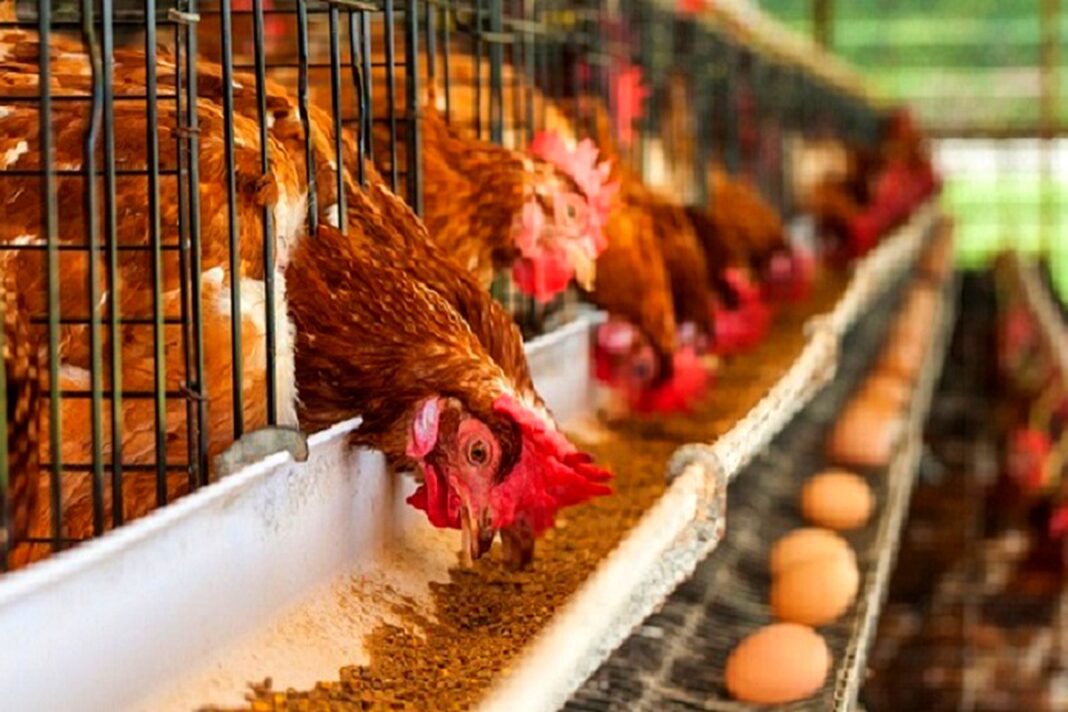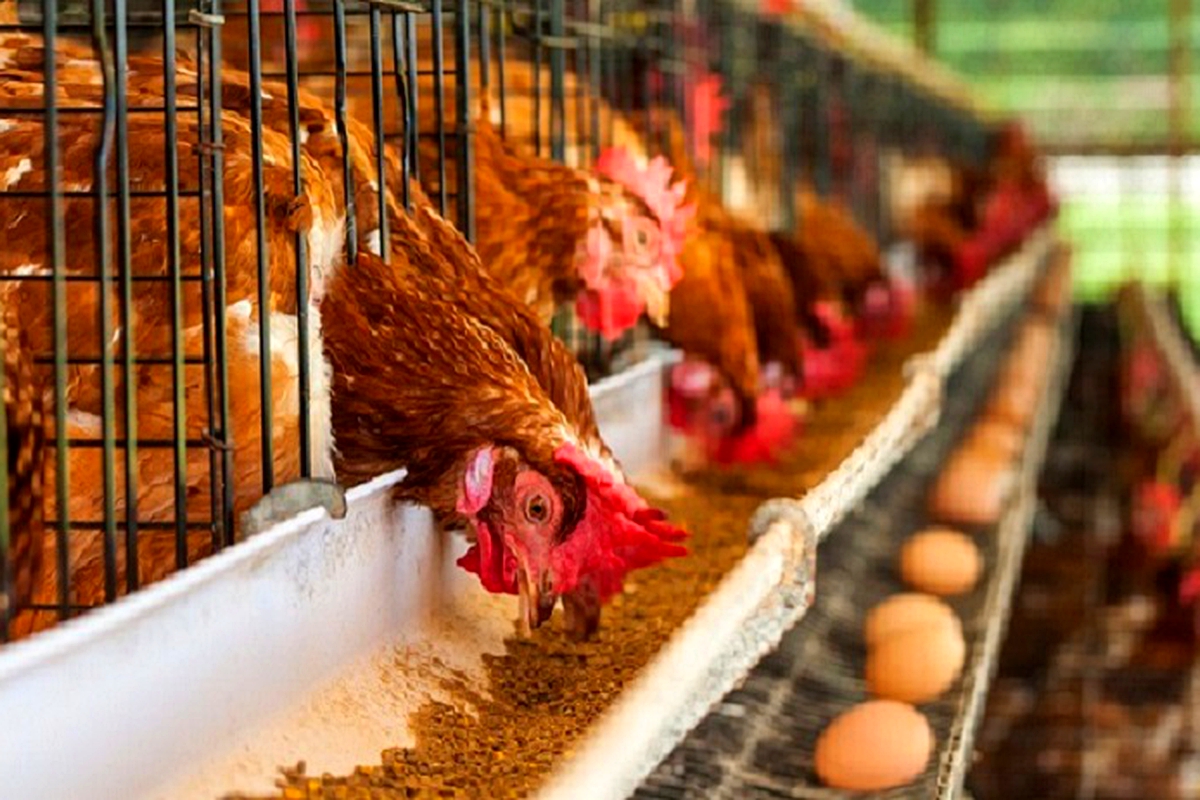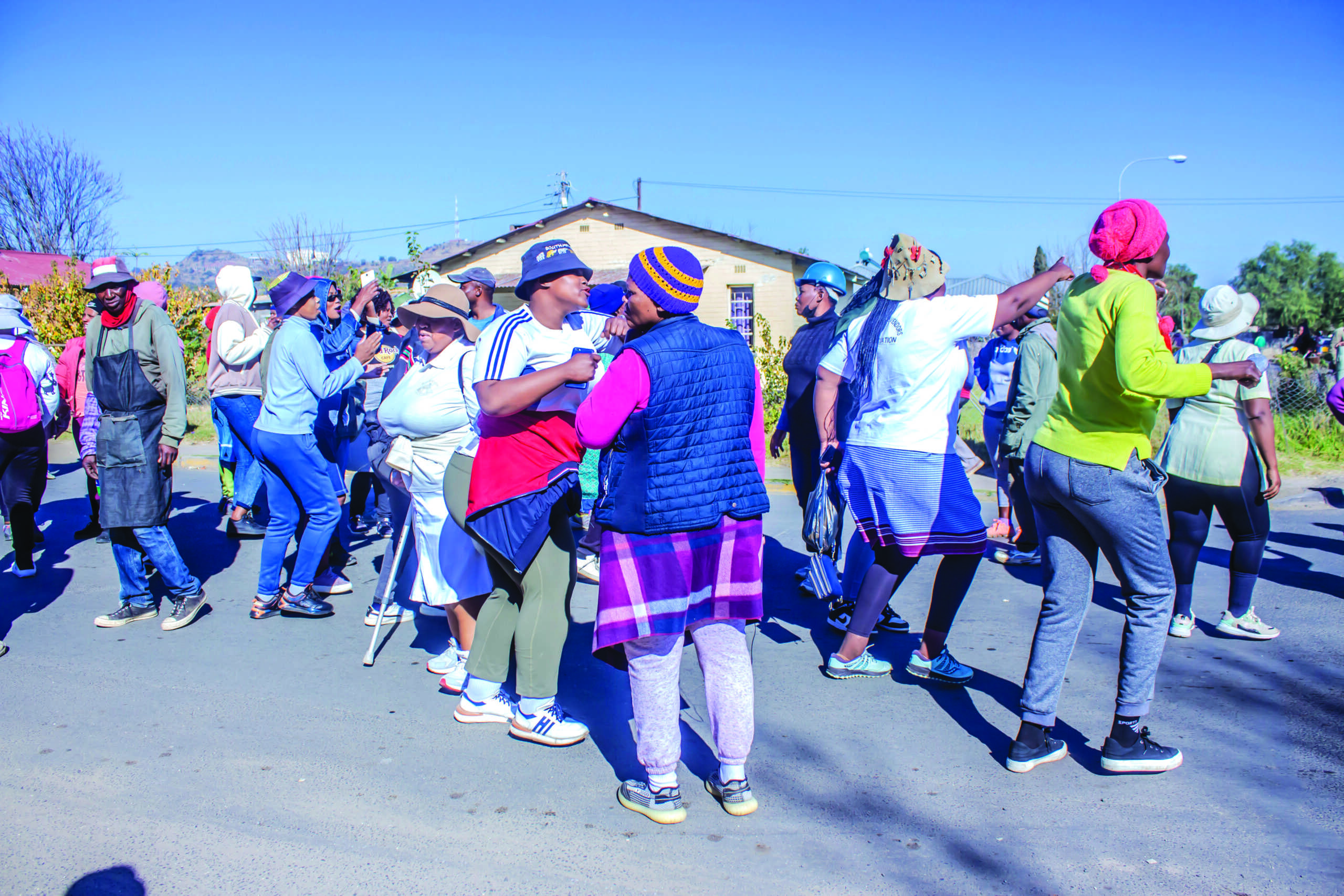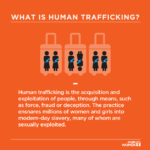Kabelo Masoabi and Lineo Mahlomola
Poultry farmers are set to petition Prime Minister Ntsokoane Matekane tomorrow, November 8, 2023, demanding that the ban on poultry imports from South Africa be lifted.
Concerned poultry farmers demand the government lift the restriction with immediate effect, citing that it has caused impoverishment while slowing economic growth in Lesotho.
The concerned poultry farmers, distributors, and suppliers’ alliance secretary, Rethabile Mokaeane, confirmed to Seahlolo on Wednesday that the Lesoth Mounted Police Services have granted a permit allowing for the March.
In October, the Lesotho government banned all poultry imports from SA, with the Minister of Agriculture, Food Security, and Nutrition, Thabo Mofosi, explaining that the suspension was necessitated to reinforce control measures to prevent the possible introduction of High Pathogenic Avian Influenza (HPAI) into Lesotho through poultry and poultry products.
The ban has since seen fast-food giant KFC close its operations at all its restaurants in Lesotho due to the severe outbreak and chicken shortage.
KFC’s chickens are primarily sourced from certified farms in SA, where they are carefully maintained to remain disease-free.
South Africa has been grappling with one of its worst outbreaks of bird flu, in which millions of chickens have been culled over the past few months.
The poultry farmers announced their intention to protest last Thursday, November 30th, at a press conference held in Maseru.
They said they would engage in a peaceful march from Pitso Ground to Makoanyane Square to express their dissatisfaction with the premiere.
Speaking at the conference, the chairperson of the alliance, ‘Mantsane Rantekoa, indicated that the poultry industry supports many livelihoods in Lesotho, with many people employed by the sector.
She emphasised the need for the government to reconsider its decision, citing that it would be expensive for Basotho to export from other unaffected international countries.
Rantekoa was referring to the ministry’s prior announcement that suggested the importation of poultry products from countries such as Brazil, Turkey, Eswatini, and others free from the virus was allowed.
“The domestic economic growth is being decelerated due to the adverse effects of the restrictions when there could be other safer means to import poultry products from SA.
“Poultry is one of the commodities that largely contributes to the economy, and unfortunately, the country cannot produce enough to feed its people. We call on the government to allow the importation of these products from the provinces that are not affected by the virus,” she pleaded.
Record chicken prices squeeze consumers
The objection also comes amidst a public outcry over surging chicken prices due to a chicken shortage in the country. Chicken prices at grocery stores across the country have hit record highs and are expected to stay elevated, putting the burden on consumers.
In November, the retail price of a full chicken (average size: 1kg to 2kg) went up from M90 to M120 amid the drop in local production as poultry raisers suffered shortages in parent stock supplies.
A concerned consumer, Molebatsi Nokong, complained about buying chicken at such a high price.
“People like us who prefer chicken over other meats are mostly feeling the pinch, and nobody seems to care,” he complained.
On a similar note, a nutritionist, ‘Makampo Mothobi, said the soaring prices were unfair to pollotarians whose diets are mainly made up of poultry and not red meat because they are on the receiving end.
“People whose dietary patterns for various reasons depend on chicken were being unfairly punished. The pricing ought to be regulated to equally serve all the citizens of this country,” she remarked.
President of the Consumers Protection Association, Nkareng Letsie, has attributed the price surge to the unavailability of parent stock for layers and broilers, which is largely procured in South Africa.
Letsie elaborated that the restrictions mean poultry prices in the country will increase as per the demand and supply law, thus: “If there is a shortage in supply, demand becomes high, and so do prices.”
“The burden of soaring prices is left squarely in the hands of consumers because the price variation relies entirely on the producer’s discretion. Farmers encounter different expenses in the administration of the poultry business; hence, we can’t have a common selling price for chicken.
“Lesotho has to be self-sufficient in producing its chicken products to be able to regulate prices, and that can be achieved by formulating cooperatives amongst other possible solutions,” Letsie suggested.
In a separate interview, a poultry farmer, Limakatso Mochesane, said the farm gate price of chicken started to go up as many parent stock producers seized the opportunity of a high demand to maximise profits.
“The prices will continue to shoot up until the ban is lifted. Other farmers were forced to halt operations indefinitely after suffering shortages of stock.
Feedlot businesses are suffering as well because farmers are not buying feedstock because they don’t have any chicks to feed. Lesotho doesn’t have the muscle to import eggs from international countries like the South Africans are currently doing,” she said.
Bird flu is under control
A recent statement released by the Department of Agriculture in South Africa reported that while egg levels were replenishing steadily in that country, the virus outbreak was under control.
“We are happy to announce that the highly pathogenic avian influenza outbreak is under control and that 70% of the farms that were not infected continue to produce eggs and chickens. Since the egg production cycle is not too long, we expect the situation to normalise early next year, the statement read.
During the term of the outbreak, South Africa has been importing eggs and poultry meat from Brazil, the USA, and Argentina, according to the statement.
Lesotho opened international imports
In Lesotho, importation of poultry products from other unaffected countries is permitted upon application and verification of safe transit protocols through SA guided by the Department of Livestock Services.
A public notice by the Director of Veterinary Services, Dr. Relebohile Lepheana, states that the importation of poultry products from overseas countries should comply with the following:
A Lesotho import permit must be accompanied by a duly signed health attestation by the veterinary authority of the exporting country.
Storage of transit products should be in a veterinary-approved storage facility, and the product should not be mixed or kept with products from HPAI-infected countries or other infectious poultry diseases.
A copy of the veterinary release certificate and the removal permit should be made available to the Department of Livestock before importation.
The department should be notified before the consignment is dispatched, and the container seal number should be provided.
Investment injection into poultry
The Embassy of the United States in Maseru last month announced a substantial $31.4 million (over M588 million) award from the U.S. Department of Agriculture (USDA) for Lesotho’s Food for Progress (FFP) Programme.
According to the U.S. Embassy statement, this initiative, managed by Land O’Lakes Venture 37, signifies a pivotal milestone in fortifying Lesotho’s poultry sector while championing climate-smart agricultural practices, bolstering food security, and propelling economic growth in the region.
This funding came in the wake of the recent government ban on the importation of poultry and poultry products from neighbouring South Africa, prompted by outbreaks of highly pathogenic Avian Influenza (HPAI) strains, H5N1 and H7N6, in various South African provinces from September to October 2023.
Dr. Keneuoe Lehloenya, Director of Livestock Services in the Ministry of Agriculture and Food Security, confirmed the suspension of imports, stressing that the Lesotho Veterinary Authority would coordinate with their South African counterparts to ensure safety before any resumption.
The Minister of Agriculture, Food Security, and Nutrition, Thabo Mofosi, issued a stern warning against poultry smuggling, highlighting its grave threat to public health and its violation of regulations.
The ban’s impact reverberated through the closure of all Kentucky Fried Chicken (KFC) restaurants in the country.
KFC last month stated that it sourced its poultry products from certified Avian Influenza (AI)-free farms in South Africa and expressed intent to engage stakeholders for a swift resolution.
Summary
- In October, the Lesotho government banned all poultry imports from SA, with the Minister of Agriculture, Food Security, and Nutrition, Thabo Mofosi, explaining that the suspension was necessitated to reinforce control measures to prevent the possible introduction of High Pathogenic Avian Influenza (HPAI) into Lesotho through poultry and poultry products.
- Speaking at the conference, the chairperson of the alliance, ‘Mantsane Rantekoa, indicated that the poultry industry supports many livelihoods in Lesotho, with many people employed by the sector.
- On a similar note, a nutritionist, ‘Makampo Mothobi, said the soaring prices were unfair to pollotarians whose diets are mainly made up of poultry and not red meat because they are on the receiving end.

Your Trusted Source for News and Insights in Lesotho!
At Newsday Media, we are passionate about delivering accurate, timely, and engaging news and multimedia content to our diverse audience. Founded with the vision of revolutionizing the media landscape in Lesotho, we have grown into a leading hybrid media company that blends traditional journalism with innovative digital platforms.








